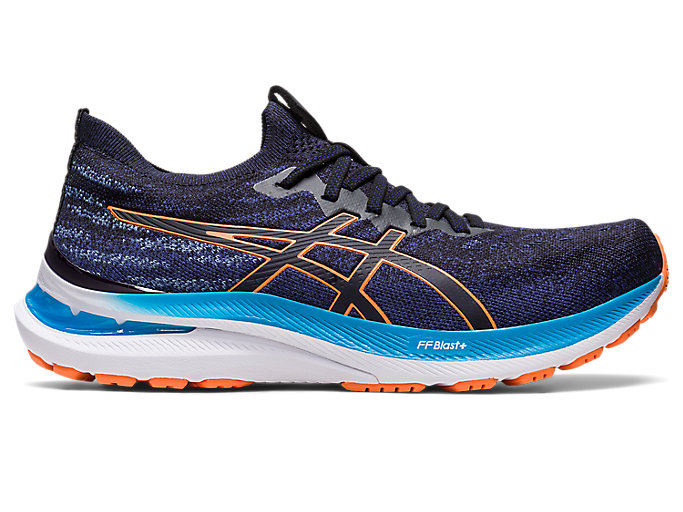




GEL-KAYANO 29 MK
The GEL-KAYANO™ 29 MK is an everyday trainer that creates a stable running experience and a cushioned feel underfoot.
Engineered knit upper material offers integrated support and breathability with a premium touch and appearance. A low-profile external heel counter comfortably cradles the foot with advanced rearfoot support.
FF BLAST™ PLUS midsole offers soft cushioning with an added 2mm of foam underfoot compared to the previous model. Rearfoot GEL™ technology attenuates shock during impact phase. LITETRUSS™ technology in the midsole offers medial support without the use of traditional trusstics. It helps guide your foot for a smoother stride.
Recommended by

Sport
Running, Road Running
Running Type
Competitive, Training


